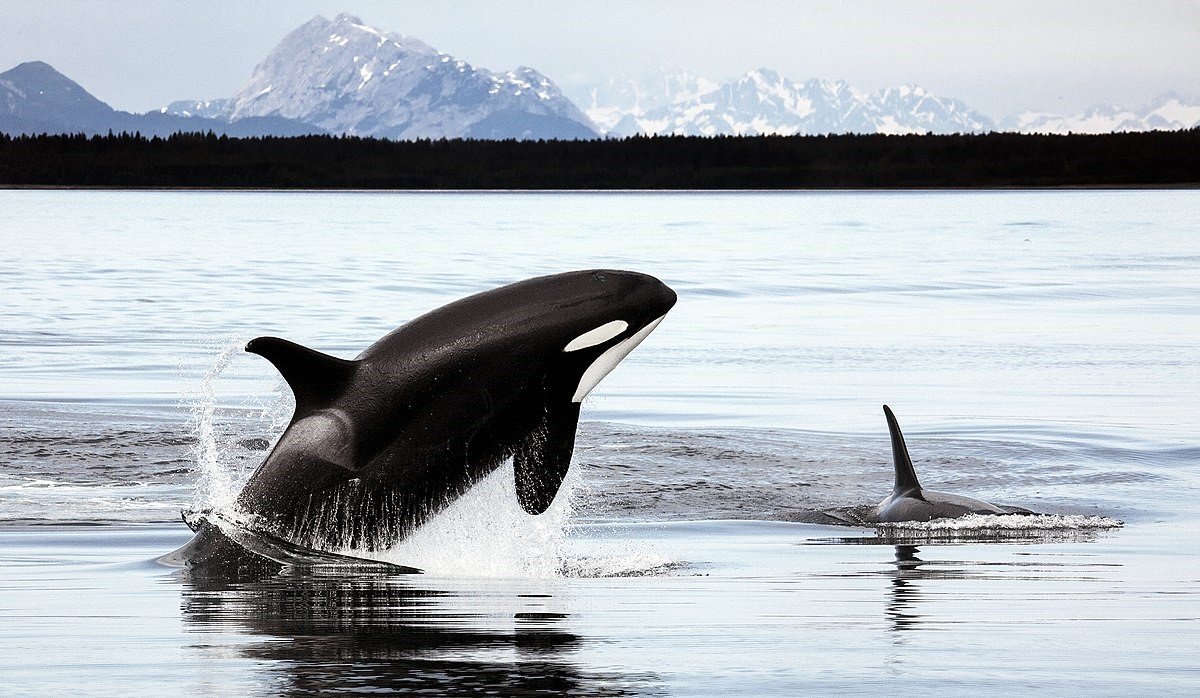Researchers are developing a new non-invasive strategy for mitigating the symptoms and progression of neurodegenerative diseases, according to Nature Communications. As Cell & Bioscience reported, scientists are currently investigating how to reduce an agglomeration of Alzheimer’s-associated proteins, toxins and cellular debris by enhancing the brain’s ability to clear waste.
A new species of mussel has been found in the Gulf of Mexico
Every year, on average, 2,000 new species are discovered through various types of fieldwork, according to the Ocean Census, and an interesting new one has just been identified. A paper published in January of 2024 in Part I of the journal Deep Sea Research, titled Oceanographic Research Papers reported that a tiny shallow oceanic species of mussel has officially been identified and named: Vadumodiolus teredinicola.
Mount Holyoke Climate Justice Coalition celebrates ‘radical hope’ in climate activism
With the clock ticking down on the threshold to prevent irreversible climate damage, it is easy for the climate crisis to feel like an insurmountable obstacle entirely out of the hands of average citizens, The Guardian reported. For many, hope in the face of the climate crisis can be impossible to pick out of the nihilistic tangle of political inaction and daunting news headlines.
Customized vaccines may be the next step in treating cancer
Amidst the maelstrom of novel cancer treatments featured in the news, cancer vaccines have become a rapidly advancing method for preventing, treating and personalizing cancer medicine.
According to the Cancer Research Institute, various cancer vaccines either exist or are currently being tested in clinical trials. However, unlike vaccines for influenza and COVID-19, many of them are not meant to be preventative. Instead, cancer vaccines may help the immune system attack pre-existing cancerous cells based on their specific mutations, making them more of a treatment than a prophylaxis — a measure meant to prevent the spread of disease.
This automotive technology claims to help bring an end to art heists
Have you ever been to a museum and thought about how easily someone could recreate some of the featured art? It may not be as easy as you think. Origify, a technology originally used for spare car part product authentication, has now been adapted to identify potential counterfeit art pieces, The Guardian reported.
This company says it has found Amelia Earheart’s plane, others aren’t convinced
Fossil fuel debate dominates discussions at the United Nations’ recent contentious COP28 conference
As anxious citizens and activists across the globe watched the contentious 28th Conference of the Parties to the UN Framework Convention on Climate Change unfold through their phone screens, one pervading question plagued their minds: Would a fossil fuel phase-out make it into the conference’s final agreement? After a week of divisive debates and negotiations — in which a final settlement seemed almost impossible — the COP28 representatives have now concluded their talks, announcing on Wednesday, Dec. 23, a historical agreement to transition away from all fossil fuel consumption, NBC reported.
Desperate sailors turn to heavy metal music to deter orca attacks
Heavy metal music can be used in more ways than one would think. The genre is increasingly used as a killer whale deterrent off the coast of southwestern Europe, according to Focusing on Wildlife. The practice is not scientifically studied or supported but rather began as a suggested trick for sailors to prevent these large marine mammals, also known as orcas, from attacking and sinking boats sailing off the Iberian Peninsula, a Business Insider article reported.








